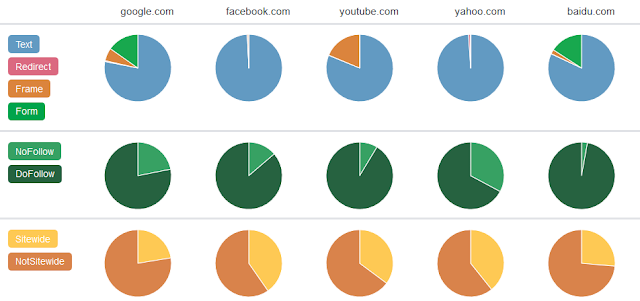SEO Tips – Part X – Build up your Reputation
Let’s talk about website’s “Reputation”.
Google way of ranking websites has changed dramatically over the last few years. Rank-Brain got smarter.
The focus moved away from backlinks and now is all about “Reputation”, which obviously is harder to build and sometimes easier to lose.
“Reputation” still includes backlinks, though, but Google is looking now more at the quality of the backlinks.
Google developed a complex way of weighting the links before they are passing the juice to your website.
They are looking at:
On top of the old way of analysing links – Page Domain authority, number of linking domains, number of links from bad neighbourhoods, anchor text, link title.
Here are some newer ways of assessing the links quality.
- Links in the ads vs links in the content – content links are more powerful.
- Links Location in the content – near the top of the content more powerful they get.
- Word count of the linking content and quality of the linking content – links from short snippets or spun content don’t have too much value.
- The diversity of links – having a large number of links coming from a single source can be seen as spammy.
- Forum links – almost ignored due to a spammy past.
- Sitewide links – they count as 1 link only.
- Links from real websites carry more weight than links from blogs…trust issue, again.
- Experts talk- it’s valued – the easy way for Google to identify the experts talk to experts is to check if their page title (of the linking page) shares the same keywords with your linked page.
- Country TLD of the referring page – gives you a boost in that country.
- Nofollow/Follow Links ration – gives Google an idea if your linking campaign is ‘natural’ or ‘unnatural’.
OK. What else is building up your “Reputation”?
Obviously, quality content is a huge factor.
If people like it, click it, talk about it, sometimes link it, then it is improving your reputation. Pages with lots of comments are seen as interaction and quality which will boost your ranking.
Doesn’t happen overnight, but you will see it happening, in time.
A natural way to get quality content is to write about something that you have real experience on it, you can relate to it and you can naturally write at length about it. Google likes pages to cover the topic in-depth instead of just briefly touching the main points. Google also likes you to be original – no copied content, just write your own…
If content doesn’t look legit, people will know it and Google does it too.
Google can identify gibberish content aka auto-generated or spun content and they score your content (like Grammarly does) and check for spelling and grammar mistakes…
Everything matters these days, is all for better User Experience.
Another thing that improves your reputation is About page. Don’t forget to create one and talk about your experience and not only about your degrees and certificates, but real-life experience matters too.
More things to do, write books, ebooks, participate and speak to conferences, create resources and share them.
Not all these are easily done, but if you have a product, create a presentation for that product and share it – Slideshare is a good place to start.
That’s all that we’ve had to say about building up your “Reputation”, for now, but probably we’ll re-edit the article pretty soon…
Cheers, Nick

